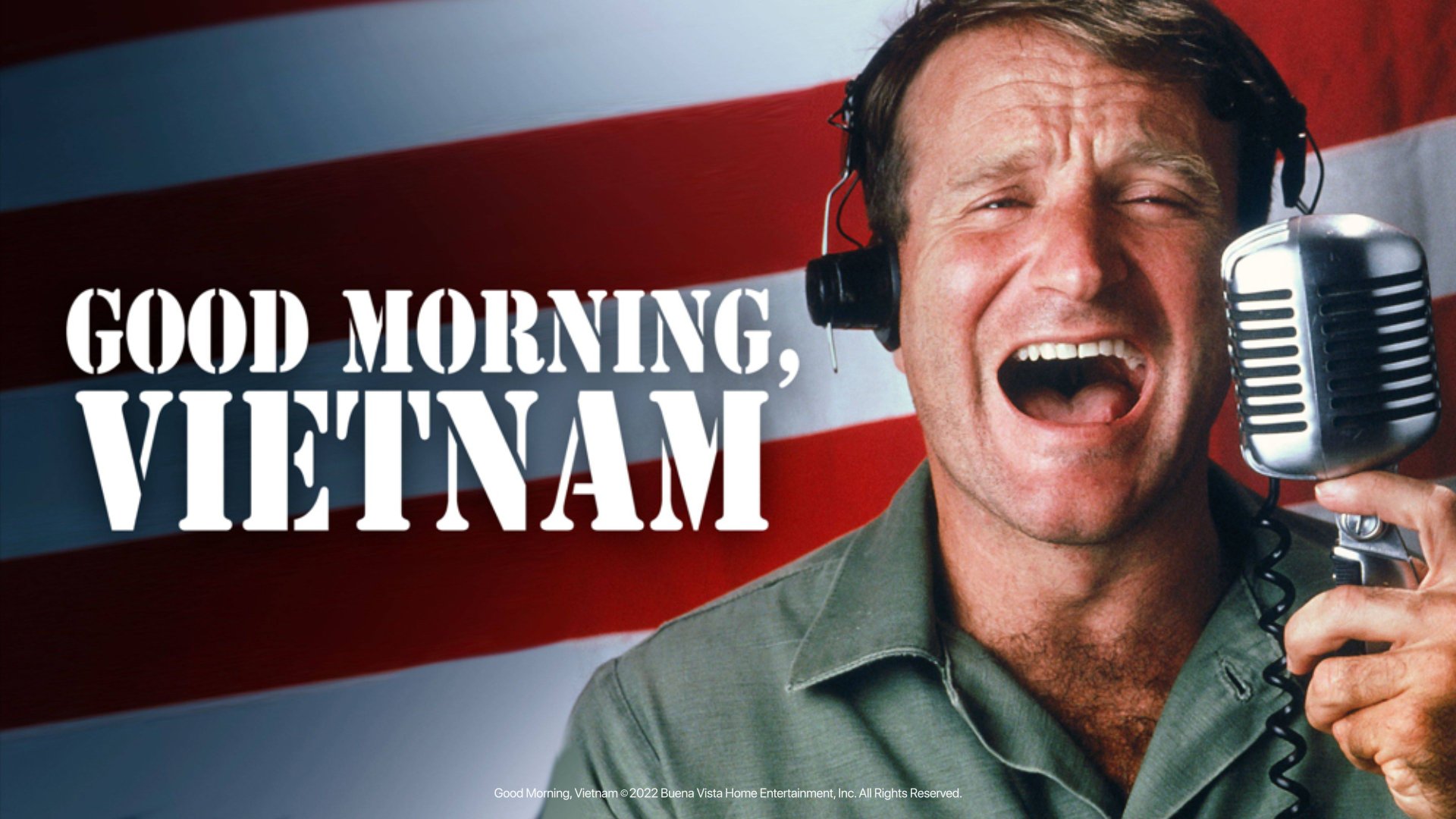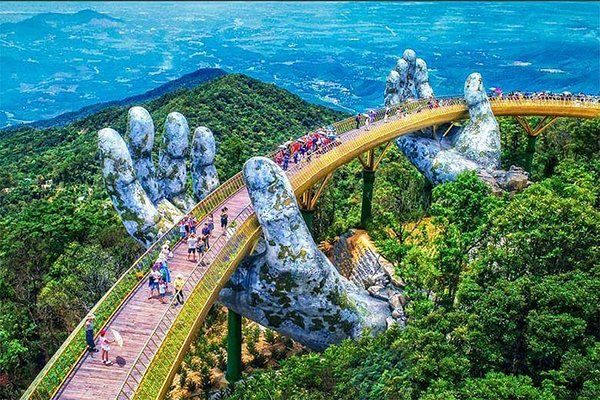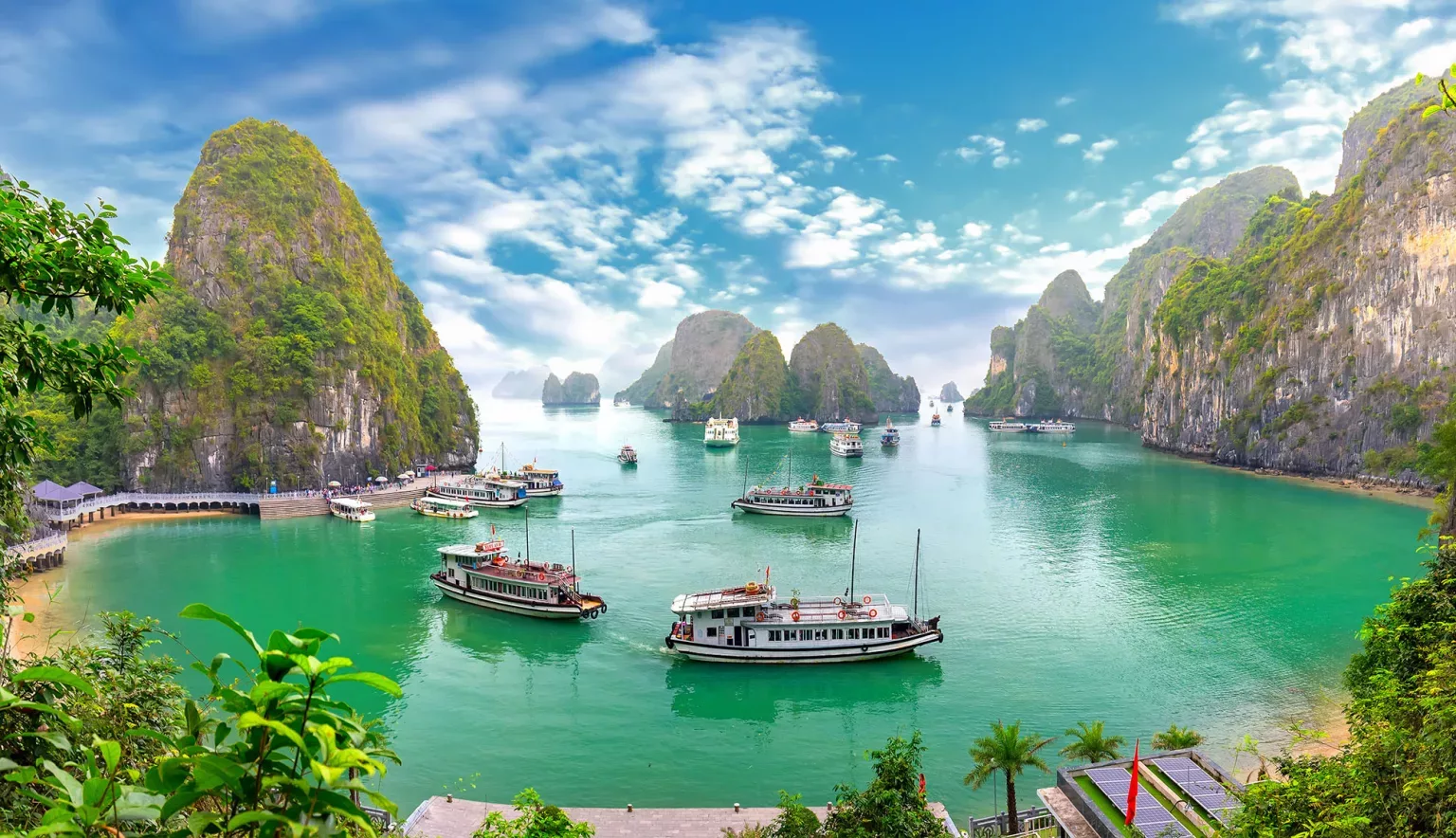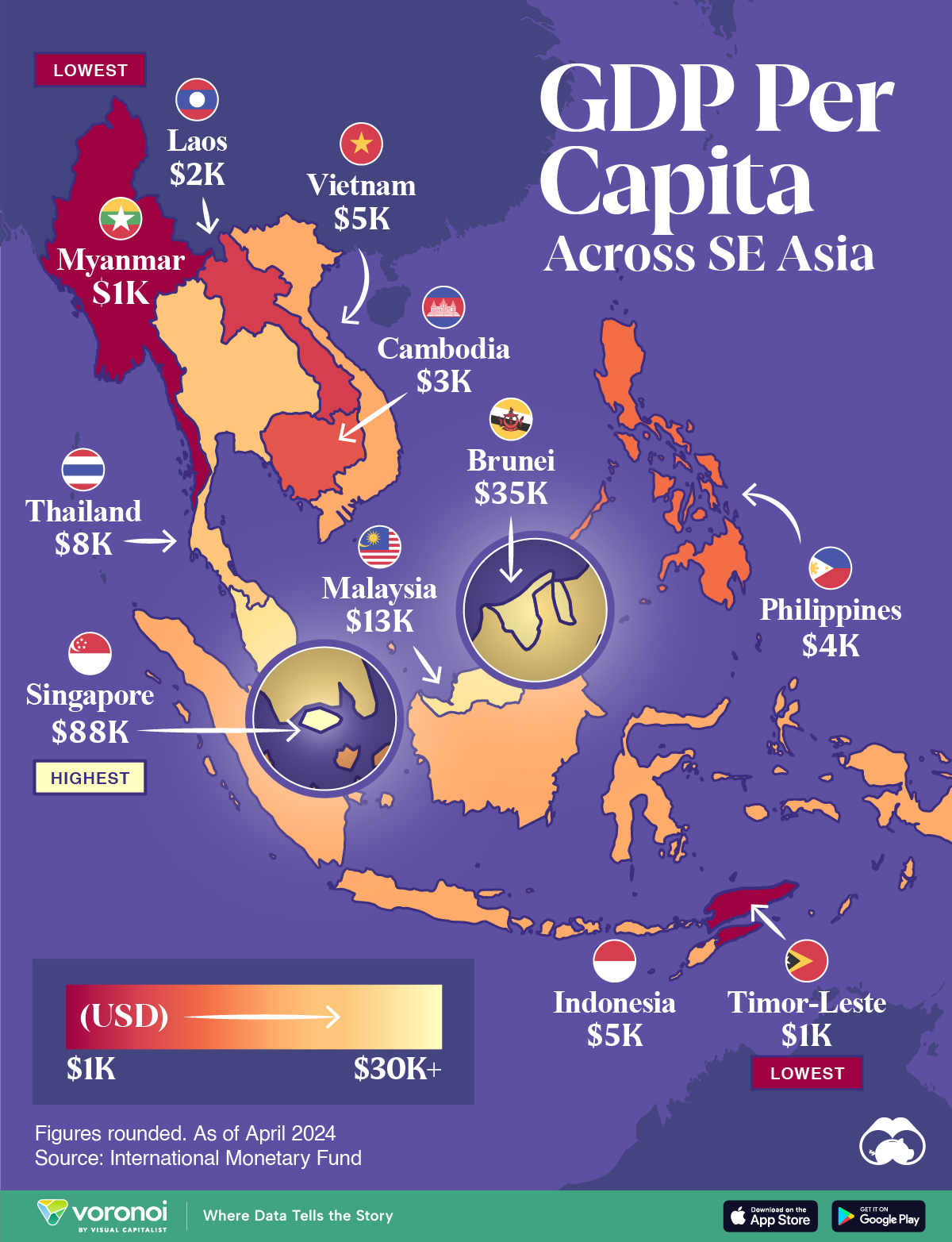- Joined
- Jan 17, 2010
- Messages
- 4,957
- Reaction score
- 6,063
BY GRANT PECK
Updated 1:43 PM BRT, May 9, 2024

BANGKOK (AP) — A senior Vietnamese official with the country’s labor ministry was arrested for “deliberately disclosing state secrets,” police announced on Thursday, a development that analysts say could hurt Vietnam’s efforts to obtain more favorable trade terms for exports to the United States.
There were no further details about lawyer Nguyen Van Binh’s arrest — beyond the announcement on the website of the police in the capital of Hanoi — but rights activists allege he was detained because he supported the idea of independent trade unions, banned under the Communist government.
They also say it’s a sign of continuing repression, which was previously directed mainly toward bloggers, environmentalists and civil society groups.
Binh who headed the Legal Affairs Department at the Ministry of Labor, Invalids and Social Affairs, could face between two and 15 years in prison for disclosing state secrets under the law in this single-party, authoritarian state.
A brief profile of Binh on a website of the Organization for Economic Cooperation and Development last year said the 51-year-old lawyer has also worked for the U.N.'s International Labor Organization.

His arrest was first reported earlier this week by The 88 Project, a small multinational organization that monitors and promotes human rights and civil liberties in Vietnam. It described Binh as a reformer who supported independent trade unions.
“Binh’s arrest comes amid a new wave of repression in Vietnam,” the group said in its report, dated Monday. It said Binh’s arrest was “the first arrest of a government reformer in recent years.”
The 88 Project in February published what it described as a secret 2023 national security directive of Vietnam’s ruling Communist Party ordering a crackdown on labor groups, civil society, and foreign organizations deemed a threat to national security.
Binh had been leading efforts to ratify the U.N. International Labor Organization Convention 87, which, if passed, would guarantee workers the right to form independent trade unions without prior authorization, the group said.
The issue of labor reform is important to Vietnam for economic reasons.
Last September, when President Biden visited Vietnam, Washington and Hanoi elevated their relationship to the highest diplomatic level of “Comprehensive Strategic Partnership.” Analysts said it reflected the U.S. desire to have Vietnam as an ally against rival superpower China.

However, Vietnam remains on a list of 12 nations, including China and Russia, classified by the U.S. as non-market economies, substantially directed by the state.
At about the same time as Biden’s visit, Vietnam requested that the U.S. Commerce Department make a determination of whether Vietnam could be officially qualified as a market economy, which potentially could lower tariffs on its exports to the U.S., its biggest market.
The Commerce Department on Wednesday held a public hearing about the upgrade and is expected to complete its review in July. Although its determination is supposed to be made according to strictly economic criteria, an open-ended category allows matters such as labor rights to be taken into consideration, which could weigh against a change to market economy status.
Vietnam claims that its labor laws are in line with international standards, including having wages determined by free bargaining between workers and employers.

The U.S. State Department and rights groups say that is not the case.
“It’s patently false to claim that Vietnamese workers can organize unions or that their wages are the result of free bargaining between labor and management,” John Sifton, Asia advocacy director at Human Rights Watch said Wednesday.
“Not a single independent union exists in Vietnam and no working legal frameworks exist for unions to be created or for workers to enforce labor rights,” he added.
An upgraded trade status is also symbolically important for Vietnam’s government, said Murray Hiebert, a senior associate of the Southeast Asia Program at the Center for Strategic and International Studies in Washington.
Vietnam officials see the U.S. continued classification of Vietnam under a “non-market status an insult and bewildering, considering how important Vietnam is to the U.S. as a trading and investment partner,” Hiebert said.
“Hanoi also finds it insulting to be included in a grouping of 12 countries that includes China, Russia and countries formerly associated with the Soviet Union,” Hiebert said in an email to The Associated Press.
The U.S. Embassy in Hanoi did not immediately respond to an AP request for comment.
https://apnews.com/article/vietnam-...s-washington-1aab0e4822f7ec37aeb5a779ae968791
Updated 1:43 PM BRT, May 9, 2024

BANGKOK (AP) — A senior Vietnamese official with the country’s labor ministry was arrested for “deliberately disclosing state secrets,” police announced on Thursday, a development that analysts say could hurt Vietnam’s efforts to obtain more favorable trade terms for exports to the United States.
There were no further details about lawyer Nguyen Van Binh’s arrest — beyond the announcement on the website of the police in the capital of Hanoi — but rights activists allege he was detained because he supported the idea of independent trade unions, banned under the Communist government.
They also say it’s a sign of continuing repression, which was previously directed mainly toward bloggers, environmentalists and civil society groups.
Binh who headed the Legal Affairs Department at the Ministry of Labor, Invalids and Social Affairs, could face between two and 15 years in prison for disclosing state secrets under the law in this single-party, authoritarian state.
A brief profile of Binh on a website of the Organization for Economic Cooperation and Development last year said the 51-year-old lawyer has also worked for the U.N.'s International Labor Organization.

His arrest was first reported earlier this week by The 88 Project, a small multinational organization that monitors and promotes human rights and civil liberties in Vietnam. It described Binh as a reformer who supported independent trade unions.
“Binh’s arrest comes amid a new wave of repression in Vietnam,” the group said in its report, dated Monday. It said Binh’s arrest was “the first arrest of a government reformer in recent years.”
The 88 Project in February published what it described as a secret 2023 national security directive of Vietnam’s ruling Communist Party ordering a crackdown on labor groups, civil society, and foreign organizations deemed a threat to national security.
Binh had been leading efforts to ratify the U.N. International Labor Organization Convention 87, which, if passed, would guarantee workers the right to form independent trade unions without prior authorization, the group said.
The issue of labor reform is important to Vietnam for economic reasons.
Last September, when President Biden visited Vietnam, Washington and Hanoi elevated their relationship to the highest diplomatic level of “Comprehensive Strategic Partnership.” Analysts said it reflected the U.S. desire to have Vietnam as an ally against rival superpower China.

However, Vietnam remains on a list of 12 nations, including China and Russia, classified by the U.S. as non-market economies, substantially directed by the state.
At about the same time as Biden’s visit, Vietnam requested that the U.S. Commerce Department make a determination of whether Vietnam could be officially qualified as a market economy, which potentially could lower tariffs on its exports to the U.S., its biggest market.
The Commerce Department on Wednesday held a public hearing about the upgrade and is expected to complete its review in July. Although its determination is supposed to be made according to strictly economic criteria, an open-ended category allows matters such as labor rights to be taken into consideration, which could weigh against a change to market economy status.
Vietnam claims that its labor laws are in line with international standards, including having wages determined by free bargaining between workers and employers.

The U.S. State Department and rights groups say that is not the case.
“It’s patently false to claim that Vietnamese workers can organize unions or that their wages are the result of free bargaining between labor and management,” John Sifton, Asia advocacy director at Human Rights Watch said Wednesday.
“Not a single independent union exists in Vietnam and no working legal frameworks exist for unions to be created or for workers to enforce labor rights,” he added.
An upgraded trade status is also symbolically important for Vietnam’s government, said Murray Hiebert, a senior associate of the Southeast Asia Program at the Center for Strategic and International Studies in Washington.
Vietnam officials see the U.S. continued classification of Vietnam under a “non-market status an insult and bewildering, considering how important Vietnam is to the U.S. as a trading and investment partner,” Hiebert said.
“Hanoi also finds it insulting to be included in a grouping of 12 countries that includes China, Russia and countries formerly associated with the Soviet Union,” Hiebert said in an email to The Associated Press.
The U.S. Embassy in Hanoi did not immediately respond to an AP request for comment.
https://apnews.com/article/vietnam-...s-washington-1aab0e4822f7ec37aeb5a779ae968791


